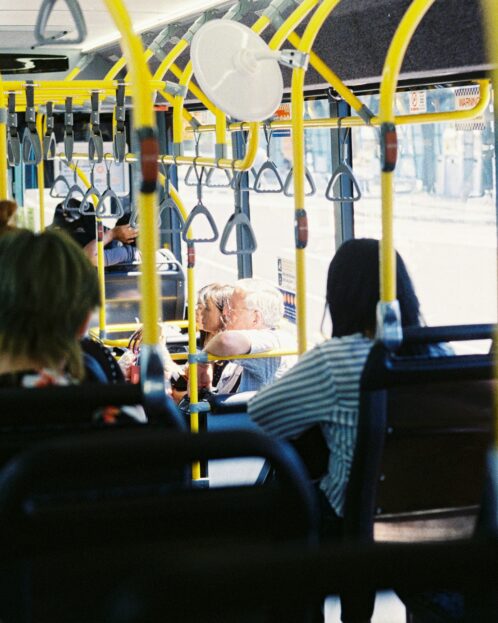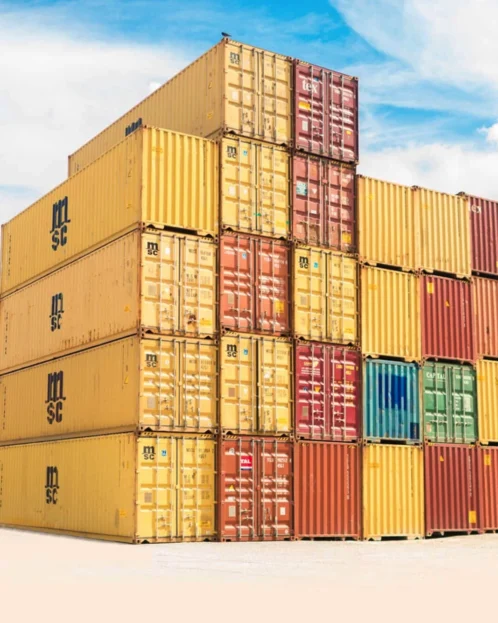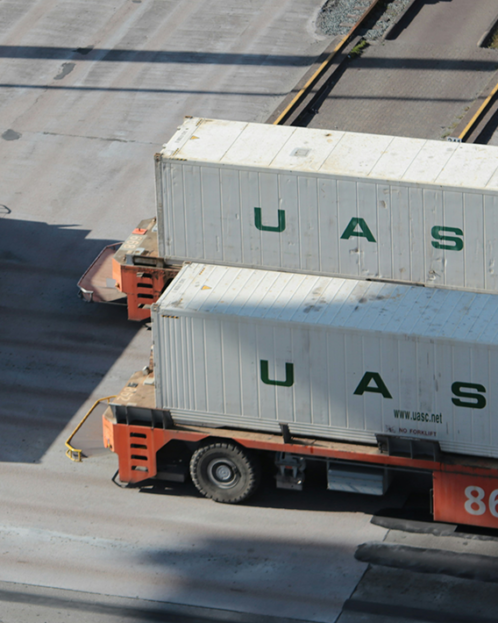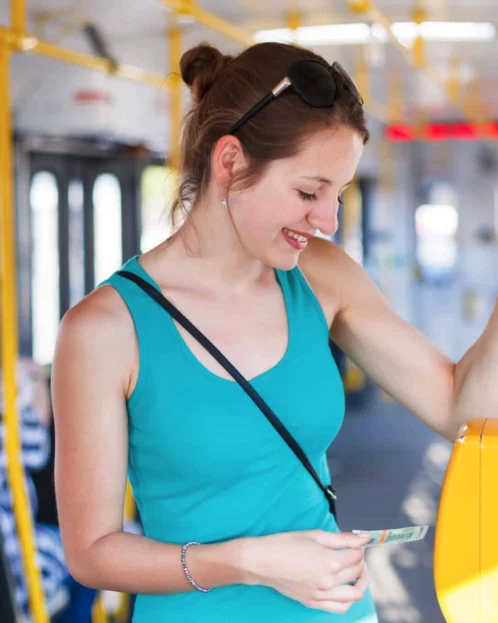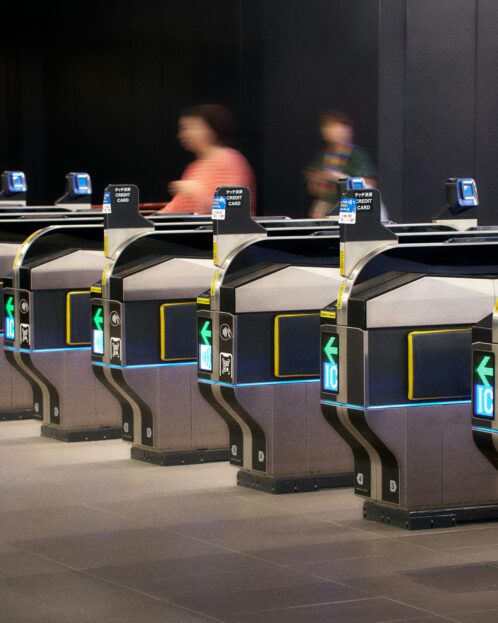Featured Insights
Evidence from Australia and overseas shows that simpler public transport fares can increase trust, reduce complaints, and encourage more people to use the network.
As container detention charges quietly rack up millions in costs across Australia’s supply chain, a closer look reveals a system under strain—and in urgent need of reform
An intelligent approach to solving complex challenges
NineSquared is an economics and strategy consultancy that uses economics, finance, and strategy to solve complex challenges in business, public policy, and regulations. Our diverse and talented team understands our clients operate in unique and changing environments where decisions are rarely made in complete certainty. We work with you to harness the confidence found in data driven evidence, robust analysis, technical expertise, and deep industry experience.
 Understand our approach
Understand our approach How can we help you?
Our clients are key decision makers with responsibility for making important commercial, policy, and regulatory decisions. We understand this unique context and know the smartest decisions are well informed. Using rigorous data-driven economic and financial analysis, we help clients solve the complex challenges they face.
Developing and implementing socially responsible and economically sound policy requires comprehensive impact analysis. With industry leading expertise in key sectors, and deep understanding of the unique policy and regulatory implications in transport and infrastructure, our team works with you to identify, model, and evaluate strategic policy decisions.
How do you make informed decisions when faced with multiple options? We support decision makers by drawing on deep cross-sector experience and expertise, and rigorous frameworks and modelling tools to identify and understand costs, benefits, and risks associated with all the options.
Changing environments call for well considered responses, but knowing your next step can be challenging. Whether you are a policy maker, regulator, or business impacted by regulatory changes, we help you understand regulatory change impacts and forge a clear and commercially robust pathway forward.
With more data available than ever before, the challenge for many is interpreting and using it to inform confident decisions. Whether you have inhouse data sets requiring analysis, or need a bespoke data informed solution, our team turns data into information to drive assured strategic decision making.
Project success is measured by more than practical completion, leaving decision makers uncertain about how to measure project and program outcomes. With deep industry specific experience in public transport, infrastructure, and health projects and programs, we support project owners with the information and strategies needed to achieve project objectives.
Understanding the costs and risks associated with any key strategic investment decision often fails to consider other influencing factors. The outcome? Less than optimal decisions. Using a range of models and tools, and drawing on direct experience and industry expertise, we identify and quantify the risks associated with any decision pathway.
Capabilities
Careers
Are you seeking a role where you can make a meaningful difference? NineSquared offers careers for economists, mathematicians, scientists, and industry experts.
Intelligent thinking for complex problems
Get in touch with us today





 Learn more
Learn more

